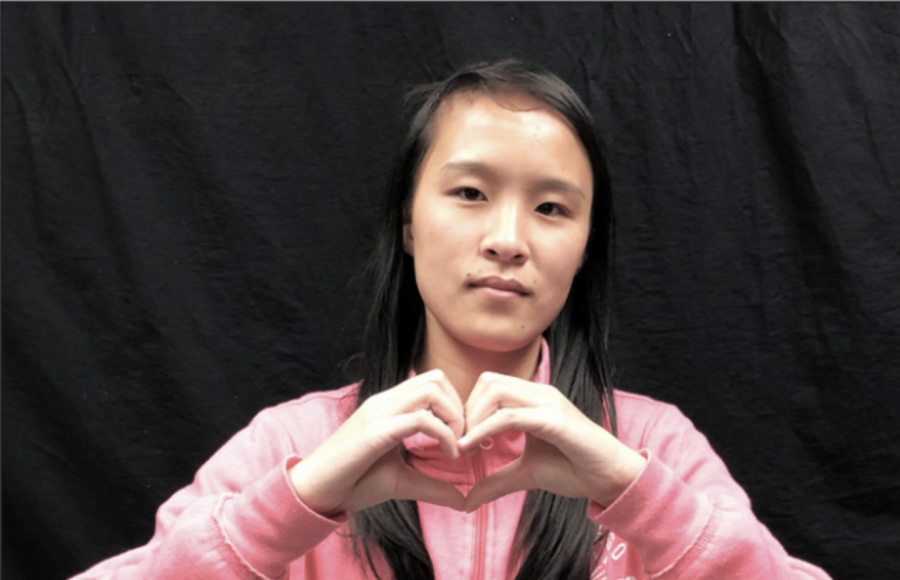China’s oppression of Uighurs
November 9, 2018
As the words “China holds one million Uighur Muslims in concentration camps” flashed before my eyes on the screen, to say I was shocked would be an understatement. At first glance, I thought it was one of those misleading ads frequently seen at the bottom of web pages. But when I clicked on the article, the facts rang true. As I continued to research online, more headlines popped up: “China’s brutal crackdown on the Uighur Muslim minority,” “Uighurs abroad cut off from relatives in Chinese detention” and so many more. I was appalled and disgusted by what I read in the articles.
Mainly found in the Xinjiang province of China, the Uighurs are an ethnically Turkish and Muslim people with a distinct culture and language apart from the Han majority group. While the Uighurs have long faced discrimination from their Han counterparts, China’s government has further oppressed them in recent months, with high security surveillance violating the privacy of almost all Uighurs, separation of Uighur families into unethical “re-education” camps and the murders of those who don’t comply with the camps. The government deems the Uighurs “religious extremists” who need to be put in internment camps to be “re-educated.” Essentially, the purpose of “re-education” is to indoctrinate the Uighurs to relinquish them of their Islam roots so that they will have nationalist loyalties to China.
Now one may wonder why I, living thousands of miles away, a Christian and not a Muslim, should care. Simply put, I condemn the treatment of Uighurs on the grounds that it violates basic human morals. As a Christian, I am called to love the Uighur people, not hate. That is why, despite my loyalty to my Chinese heritage, I must voice my dissent toward the Chinese government’s handling of the Uighurs. Any behavior that is derived from hatred and inflicts cruelty is unacceptable. Therefore, I feel a moral nd emotional obligation to campaign for the Uighurs’ release from such oppression.
After spending an hour reading articles about the Uighurs’ plight detailing their frightful experiences, I closed the lid of my laptop, disillusioned. Just a few months ago, Myanmar’s genocide of the Rohingya Muslim people was brought to my attention. To see something so similar happening in China, essentially my home country, I am disgusted. While the Chinese government has committed terrible atrocities in the past and cracked down on protests against communism and for the right to practice religion, I never thought that it would go so far as to brainwash and kill. Even more so, as China has recently risen in the ranks of world power, the government is setting a toxic example for other countries.
I may not know the whole story behind the “re-education camps” or the high monitoring and the persecution of the Uighurs. But one thing is certain: my Christian faith especially compels me to vouch for the rights of the Uighurs, and I firmly believe that oppression and human rights violations are never acceptable.
There is hope: with the U.S. considering placing economic sanctions on China in response and numerous groups, such as the U.N., criticizing the government, there is at least opposition. And most importantly, in our everyday lives, we can work to prevent future occurrences of such atrocities. Despite our differences, we all have the choice to love and not hate in every moment. At the end of the day, this is what will stop the seemingly endless cycles of violence and oppression.




























































